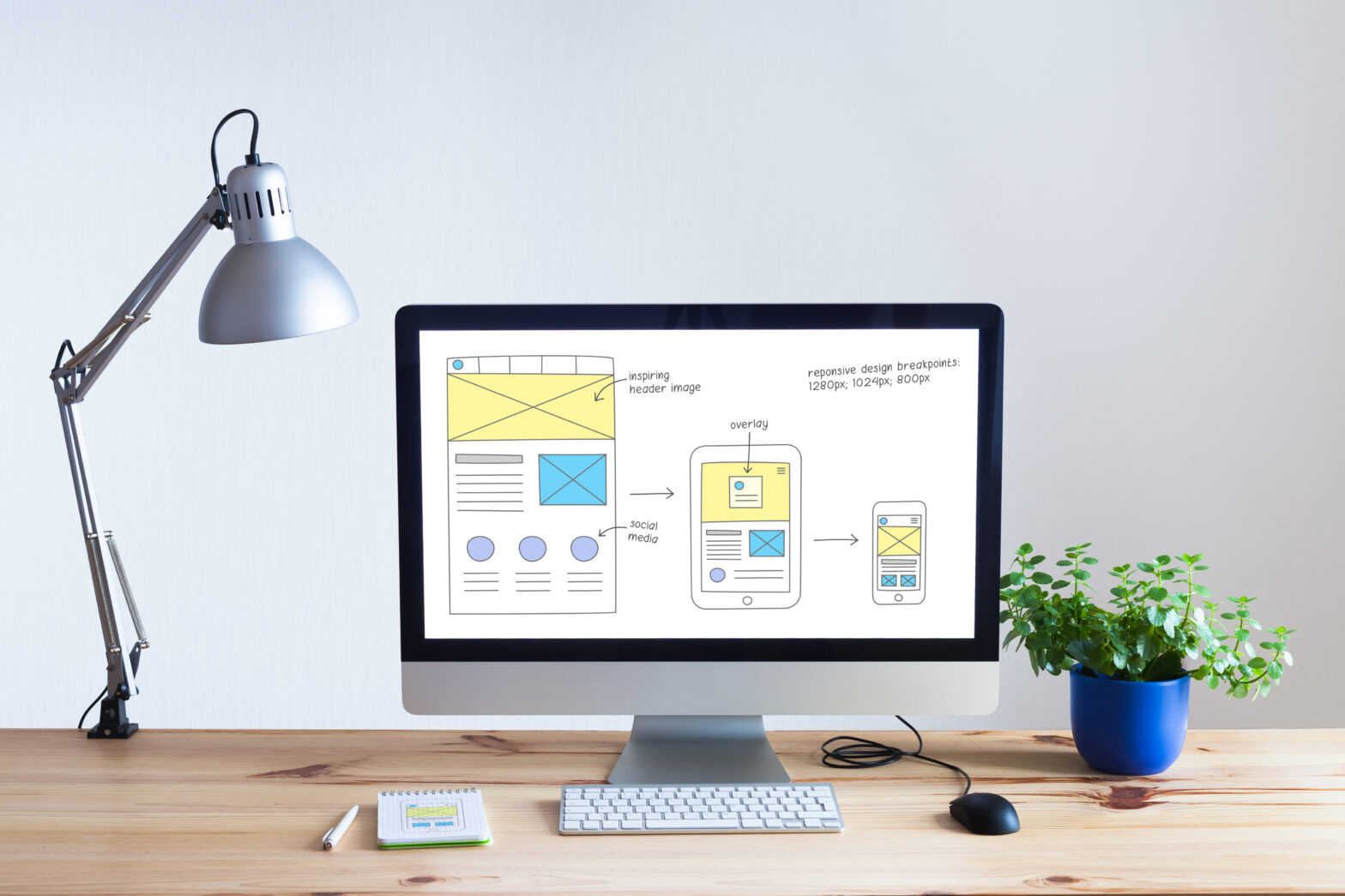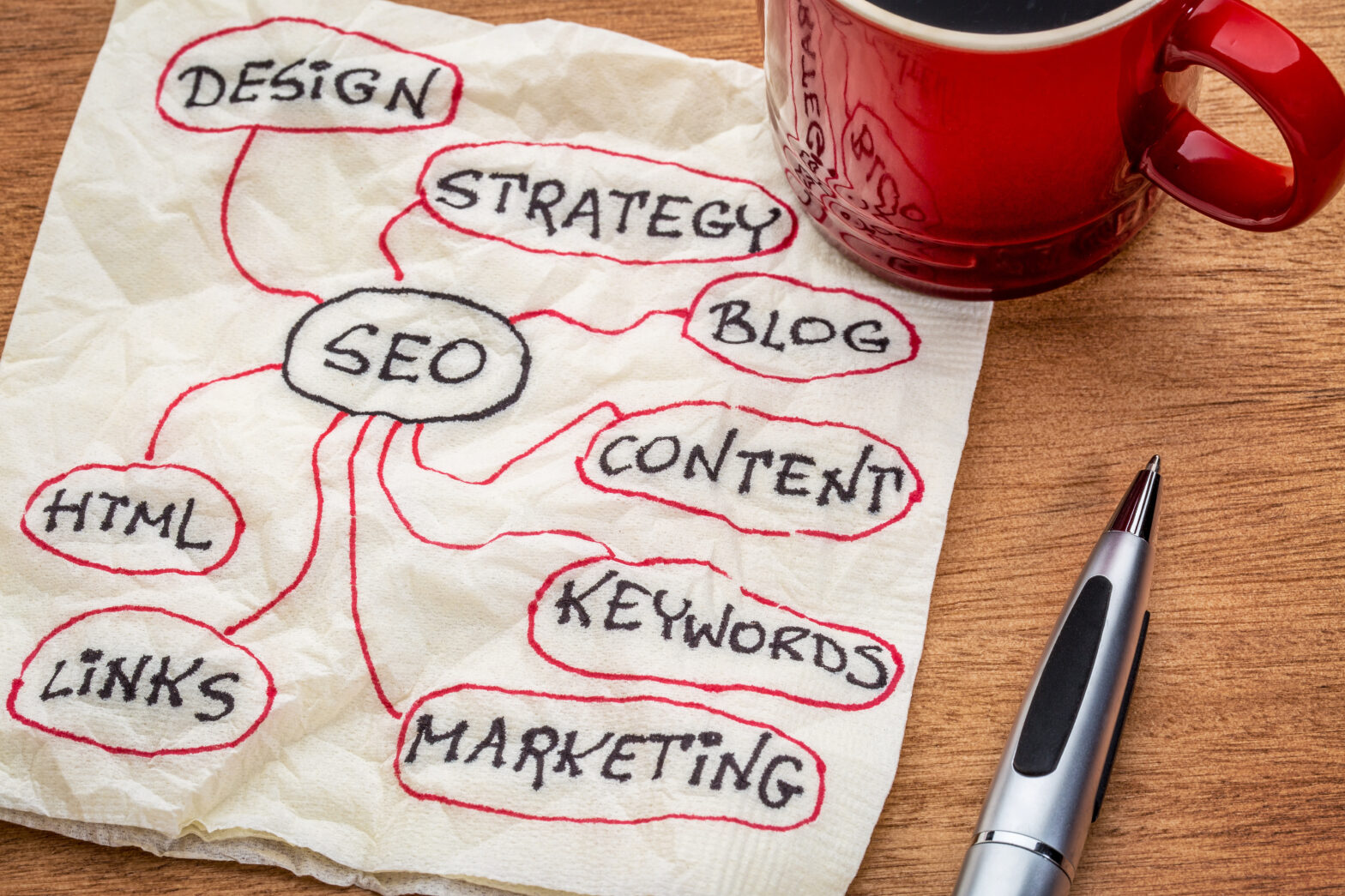In today’s world, a website is pretty much compulsory for any business looking to get up and running. Sure, everyone wants a site that looks attractive, professional and reflects their company’s personality, and overall design standards have risen dramatically in recent years – but what about performance? Without a strong online presence, small business owners and start-ups face struggle as they try to break into the market.
Most small businesses and start-ups have tight budgets, and are trying to track every penny to ensure their continued growth and success until they turn a profit or find their next funding round. However, tempting as it may be to prioritise design over performance, trying to save on website management costs can lead to a really frustrating experience.
By investing in a reliable and service-driven hosting provider – that is, a company used to store and deliver the audio, video, documents and other files that make up a website – company owners can be sure to cement the success of their budding enterprise with a website that grows with them.
What is web hosting?
But what exactly is web hosting? Simply put, web hosting is a service that puts your website online and keeps your data secure. By providing servers to store data, a good hosting provider will ensure a website is available at any time of day, no matter how many people are trying to access it at once. There are hundreds of hosting companies out there vying for business – some are cheap, but others focus more strongly on performance and service.
Why is it needed?
Web hosting is vital for businesses with an online presence. While it is theoretically possible to connect a PC or Mac to the Internet and host a website’s pages, it’s not realistically powerful enough to serve this information to many users at the same time. This is where a web host comes in – they own and maintain servers which should keep a website online and secure 24/7.
What to look for
A few vital factors that are important to consider when choosing the right provider are: performance, scalability, security and support. Reputable hosting providers should be skilled at identifying performance issues and creating a solution before end-users are aware that a problem has occurred.
Choosing dedicated servers – which means no competing with other businesses’ web traffic, as opposed to shared or Virtual Private Servers (VSP) – means enhanced freedom away from other websites’ activity and the ability to only pay for what’s needed.
As growth is almost always a major part of any business plan, the hosting provider should have the ability to scale the performance of a website – especially during peak times of traffic, avoiding downtime.
They should be experts in security and have comprehensive knowledge of the threat landscape and be continually working to provide new defence systems against attack. Regular website security and penetration tests help protect websites and applications by identifying vulnerabilities before they are an issue, therefore fending off cyber criminals.
Perhaps most importantly, any respectable managed hosting provider will offer round-the-clock support, 365 days a year, so that should a problem or crisis occur, there is a person on the end of the line who knows exactly how to help. Committed to solving the issue and minimising downtime, this level of service can save a business from potential reputation and financial damage.
How to choose a provider
So, hopefully this provides an idea of what to look for. But who to choose? Ultimately, evaluating a business’ specific needs is the first step. How many site visitors are there (or how many are anticipated)? How mission critical is the website? What budget can be allocated? All these things and more should influence the decision. It’s important to investigate a host’s reliability and uptime guarantees, so lots of research is key.
Ultimately, a website should be a reflection of the businesses’ brand identity. Having worked so hard to establish a company physically, the virtual counterpart shouldn’t be an exception. For many potential customers, a website will be the first impression made: with the help of a great managed hosting provider, it is sure to be a lasting one.
Written by Jake Madders, director at Hyve Managed Hosting.





